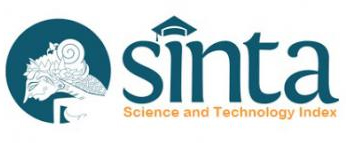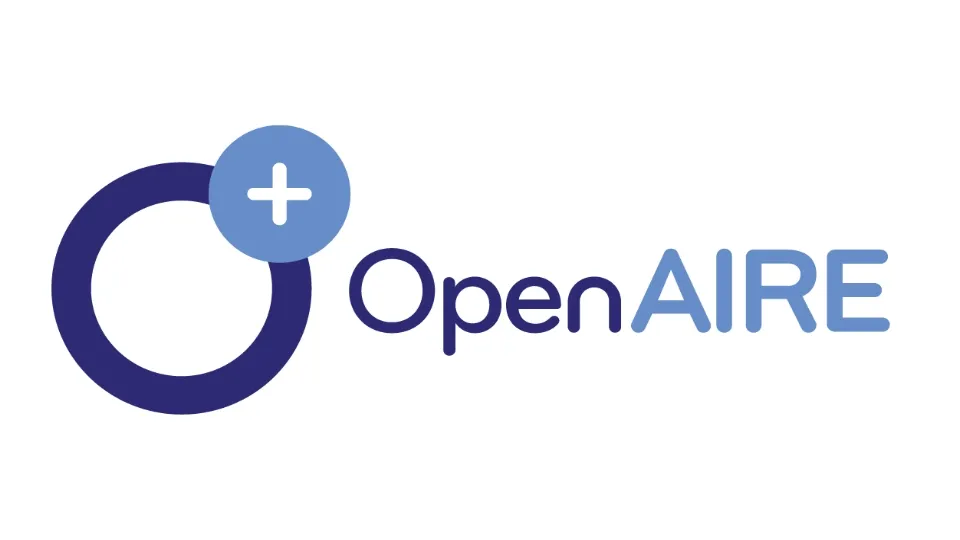Analisis Konten dan Kebijakan Akses Institutional Repository
DOI:
https://doi.org/10.21154/pustakaloka.v8i1.476Keywords:
Universitas Surabaya, institutional repository, kebijakan akses, access policyAbstract
Abstrak; Institutional respository telah menjadi perhatian utama pada lembaga pendidikan tinggi di Indonesia. Perkembangan jumlah institutional repository meningkat salah satunya setelah muncul pemeringkatan web of repositories yang dilakukan oleh the Cybermetrics Lab pada tahun 2008. Mulai saat itu perguruan tinggi berlomba membangun institutional repository dalam mengelola karya ilmiah dan berusaha agar peringkat mereka lebih baik. Hal ini merupakan suatu bukti pencapaian kinerja yang dapat menjadi sarana promosi dan meningkatkan visibilitas bagi lembaga. Universitas Surabaya melalui perpustakaan juga termasuk salah satu yang mengembangkan institutional repository. Kajian ini bertujuan untuk melakukan analisa terhadap konten yang tersedia serta kebijakan akses institutional repository Universitas Surabaya yang ditetapkan dalam memberikan layanan kepada sivitas akademika dan pengguna dari luar. Metode dalam kajian ini menggunakan observasi terhadap institutional repository Universitas Surabaya dengan tinjauan pustaka untuk menjelaskan analisis konten dan kebijakan akses. Hasil kajian ini menunjukkan bahwa peran perpustakaan yang mendapatkan wewenang untuk mengelola karya ilmiah sivitas akademika Universitas Surabaya dapat dilakukan dengan baik melalui institutional repository. Namun demikian masih perlu dilakukan upaya lebih proaktif bagi perpustakaan dalam melakukan sosialisasi peraturan tentang wajib serah simpan karya ilmiah, dan promosi secara intensif dengan menyampaikan berbagai keuntungan dalam pemanfaatan institutional repository.
Abstract; Institutional repository has become a major concern of higher education in Indonesia. The number of institutional respository was increased, one of the reason is the ranking web of repositories has been conducted by the Cybermetrics Lab in 2008. At that time, many institutions started to build institutional repository in order to manage the scientific work and also trying to reach the better ranks. Meanwhile, it is an achievement of institution performance which can be promote and increase visibility for the institution. University of Surabaya has also developed the institutional repository and managed by the library. The aims of this study is to analyze the content availability and access policies defined by the University of Surabaya repository providing services to the academic community and external users. The method used in this study by using observations of the institutional repository University of Surabaya with a literature review to clarify the analysis of the content and access policies. The results of this study indicate that the library's role is has the authority to manage the scientific work of academic community can be done through the institutional repository. However there is still need for library to be proactive to communicate regulations on mandatory deposit of scientific work and create intensive promotion of the institutional repository.
References
Bailey, Charles W. Jr., Open Access and Libraries. Diunduh dari http://www.digital-scholarship.org/cwb/OALibraries2.pdf. 26/12/2015.
Bankier, Jean-Gabriel and Irene Perciali, “The Institutional Repository Rediscovered: What Can a University Do for Open Access Publishing?”, dalam Serials Review, 34(1), (March, 2008). Diunduh dari http://linkinghub.elsevier.com/ retrieve/pii/S0098791307001517, 26/12/2015.
Eprints. Diunduh dari http://www.eprints.org/uk/ 26/12/2015
Farida, Ida et al., "A conceptual model of Open Access Institutional Repository in Indonesia academic libraries: Viewed from knowledge management perspective". Library Management, Vol. 36 Iss: 1/2 (2015), pp.168 ”“ 181, 01/05/2016
Gadd, Elizabeth, Charles Oppenheim, Steve Probets. The Intellectual Property Rights Issues Facing Self-archiving D-Lib Magazine Vol. 9 No. 9 September 2003. Diunduh dari http://www.dlib.org/dlib/september03/gadd/09gadd.html 26/12/2015
Liauw Tong Tjiek. Institutional repositories : Facilitating structure, collaborations, scholarly communications , and institutional visibility. Book Chapter in "Digital Libraries : Methods and Applications" - Editor: Kuo Hung Huang . Croatia : In Tech, 2011.
Lynch, Clifford A., Clifford A. Lynch. Institutional repositories: essential infrastructure for scholarship in the digital age’. Association of Research Libraries February 2003, 2. Diunduh dari http://www.arl.org/storage/ documents/publications/arl-br-226.pdf, 01/05/2016.
Perpustakaan Universitas Surabaya. Data Layanan Penelusuran Informasi : Permintaan dari Institutional Repository 2014-2015, 09/05/2016.
Ranking Web of Repositories. Diunduh dari http://repositories.webometrics.info/ 27/12/2015.
Registry of Open Access Repositories. Diunduh dari http://roar.eprints.org/ 26/12/2015.
Swan, Alma and Sheridan Brown. Open access self-archiving: An author study. Diunduh dari http://cogprints.org/4385/1/jisc2.pdf, 26/12/2015.
Ulum, Amirul dan M.N. Budiwijaya, “Pengelolaan Sistem Informasi Karya Ilmiah”, dalam Jurnal Pustakaloka, Vol 4 No 1 Tahun 2012, 112.
Universitas Surabaya. Peraturan Rektor nomor 383 Tahun 2012 tentang Wajib Serah Simpan Karya Ilmiah Di Lingkungan Universitas Surabaya. University of Surabaya Repository. Diunduh dari http://repository.ubaya.ac.id 26/12/2015.
Downloads
Published
Issue
Section
License
Requirements to be met by the author as follows:
- Author storing copyright and grant the journal right of first publication manuscripts simultaneously with licensed under the Creative Commons Attribution License that allows others to share the work with a statement of the work's authorship and initial publication in this journal.
Authors can enter into the preparation of additional contractual separately for non-exclusive distribution of a rich version of the journal issue (eg: post it to an institutional repository or publish it in a book), with the recognition of initial publication in this journal.
Authors are allowed and encouraged to post their work online (eg, in institutional repositories or on their website) prior to and during the submission process, because it can lead to productive exchanges, as well as citations earlier and more severe than published works. (see The Effect of Open Access).















